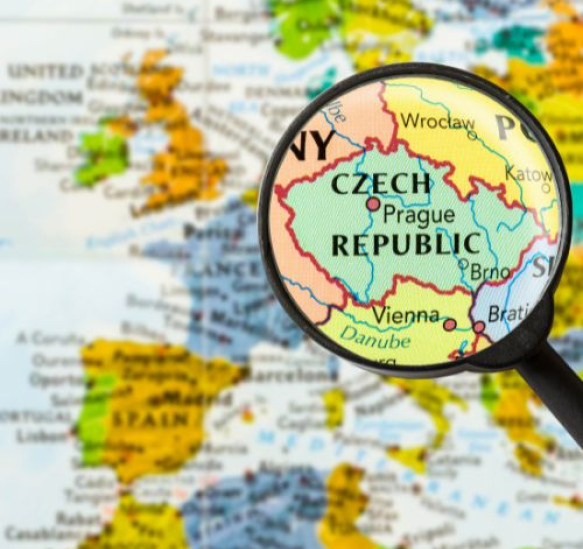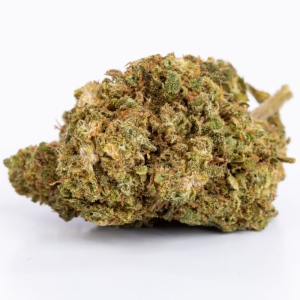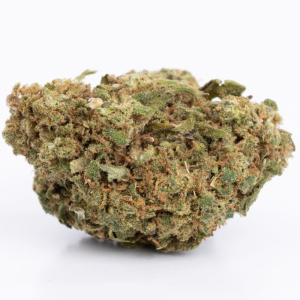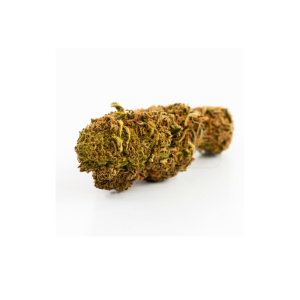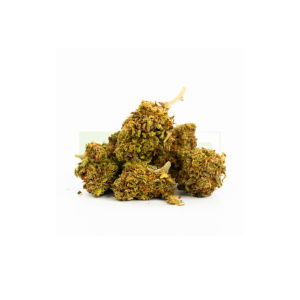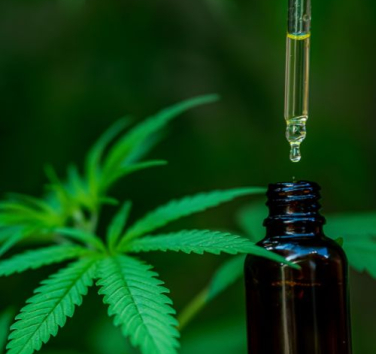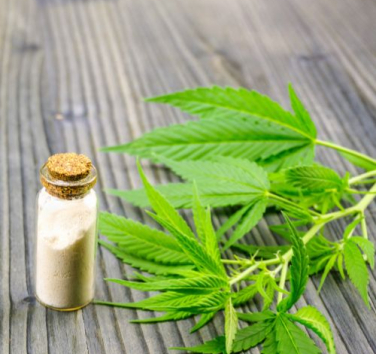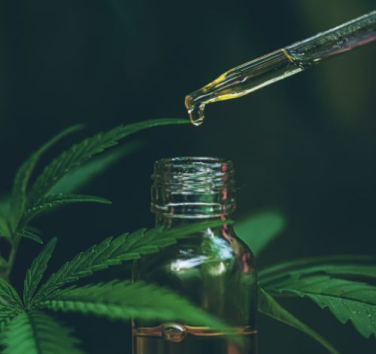In the Czech Republic, the THC ceiling rose to 1%
On January 1, 2022, the Czech Republic consolidated its relatively favorable approach to non-psychotropic cannabis by raising the maximum level of tetrahydrocannabinol (THC) in CBD products. The latter has more than tripled, going from 0.3%, the ceiling in force in France and many European countries, to 1%.
The Czech initiative echoes similar legislative changes in other countries such as Switzerland, which has allowed a THC level of 1% since 2016, and Italy, which recently raised its maximum THC level in 0.5% CBD products.
Objective: stimulate the hemp industry, satisfy the growing demand for non-psychotropic CBD products and capitalize on a promising sector that generates jobs that cannot be relocated but which remains relatively restricted by the legislative apparatus.
This decision has made Prague a major hemp tourism destination, as it makes it possible to purchase and consume much more potent CBD flowers on site. Indeed, a variety that contains 1% THC will necessarily be more powerful than a variety with less than 0.3%.
Czech Republic moves towards legalization of recreational cannabis
On April 5, 2023, the Czech government validated “an action plan for addiction policy”. Behind this somewhat modest, somewhat cryptic name, there is in reality a project to regulate the cannabis market. Jindřich Vobořil, the national coordinator for the fight against narcotics in the Czech government, concedes: “repressive cannabis policy simply does not work. A new approach is needed”.
The country is therefore preparing a new bill that changes its approach, with the imminent creation of a legal and regulated market for recreational cannabis. Here are the main points of the project which is still under discussion:
- Decriminalization of sale and distribution: possession of cannabis has been decriminalized in the Czech Republic since 2010, but sale and distribution have remained illegal until now;
- A regulated market: the project aims to establish a legal and regulated cannabis market, with an excise tax, as for alcohol and tobacco, with licenses for producers and sellers;
- Tax revenue: expected annual net revenue from the cannabis tax is estimated at around 85 million euros for the Czech market, with additional revenue expected from exports;
- License control: there would a priori be no limit to the number of licenses issued for the sale and cultivation of cannabis, as long as applicants pay the annual fee.
- Sale in specialized stores: cannabis would be sold in specialized points of sale, with uniform packaging without advertising or photography. There will only be a description of the quantity and a warning about the risks incurred by the consumer;
- Registration system for users: A special registration system will be created for users to limit the quantity a customer can purchase per month to avoid illegal trade.

